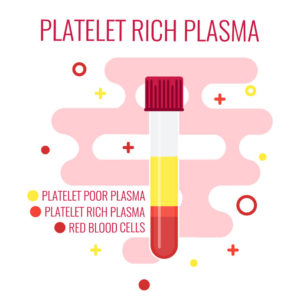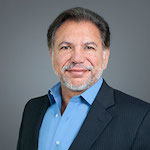Adult Stem Cell Therapy & Platelet Rich Plasma
The Growing Interest in PRP: How It Applies to Articular Cartilage Pathology
 PRP has become a popular alternative treatment in past years, thanks to its ability to treat musculoskeletal issues ranging from tendon and ligament injuries to bone grafting. Now, this growing interest in PRP has extended to articular cartilage pathology as well.
PRP has become a popular alternative treatment in past years, thanks to its ability to treat musculoskeletal issues ranging from tendon and ligament injuries to bone grafting. Now, this growing interest in PRP has extended to articular cartilage pathology as well.
Dr. William Bennett of Bennett Orthopedics and Sportsmedicine has long known the power of PRP in treating injuries of the articular cartilage, which is why he has been utilizing it as a standalone treatment and supplement to surgery for several years.
What Is Articular Cartilage?
Articular cartilage is the smooth, white tissue that covers the ends of the bones as they come together to create joints. When articular cartilage is full and healthy, the joints glide effortlessly over each other with little to no pain-inducing friction.
Articular cartilage can easily become damaged by injury and normal age- and use-related wear and tear. Unfortunately, this is one of the substances in the body that cannot adequately heal itself. Medical intervention is required to trigger cartilage restoration. PRP has been identified as one such intervention capable of repairing damaged cartilage without pain or surgery.
Signs and Symptoms of Articular Cartilage Damage
Articular cartilage damage is most frequently seem in the form of osteoarthritis. This degenerative joint disease causes pain, aching, swelling and stiffness in the joints, all of which lead to decreased range of motion.
Women tend to develop OA more than men, especially after the age of 50. Obesity, increasing age, and overuse of joints are known risk factors for OA as well. Until now, most OA treatments only addressed symptoms, rather than the underlying cause of loss of articular cartilage. Medications, physical therapy, and surgery have limited capabilities to resolve OA in the long-term.
Using PRP to Address Articular Cartilage Damage
PRP contains a concentrated level of platelets that are drawn and spun from a patient’s very own blood. Once the concentrated collection of platelets are suspended into a small amount of plasma, they are injected into the knee to target the injury or degeneration causing pain. Over time, the potent growth factors and proteins in PRP stimulate tissue to heal and regenerate in a way the body wouldn’t be able to do on its own.
If you’re ready to address your own cartilage damage and loss using a natural and minimally-invasive treatment, visit Bennett Orthopedics and Sportsmedicine to begin PRP treatment. Dr. Bennett offers cutting-edge PRP treatments to help patients of all ages restore their joint health. Call (941) 229-1648 to schedule your consultation today.






